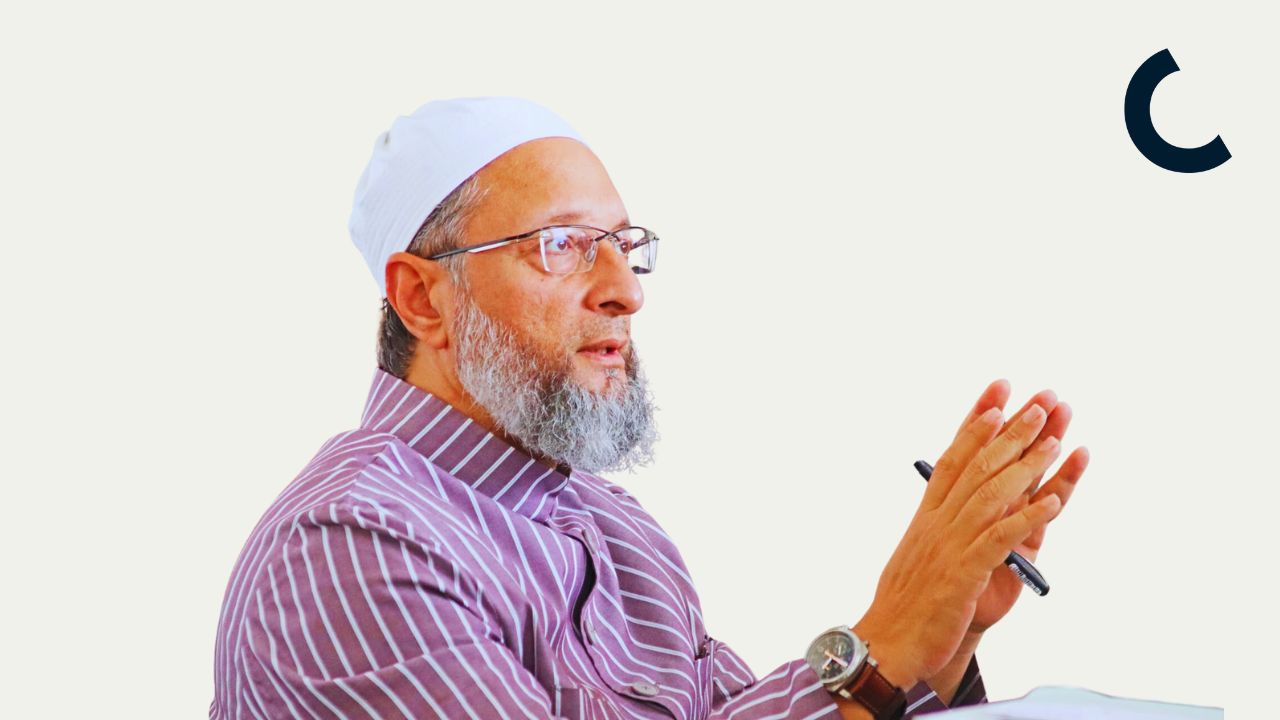Asaduddin Owaisi, the Chief of AIMIM (All India Majlis-e-Ittehad-ul-Muslimeen) and Member of Parliament from Hyderabad, has expressed strong opposition to the Women’s Reservation Bill, citing the absence of a quota for women from the Muslim and OBC (Other Backward Classes) communities. Owaisi argued that the bill, aimed at providing representation to underrepresented groups, lacks provisions for these specific communities.
In his statement, Owaisi highlighted the stark disparities in representation, stating, “Until now, seventy Lok Sabha elections have taken place in this country. 8992 MPs have been elected until now, out of which, only 520 are Muslims. There is a deficit of over 50 percent. In that 520, not even a handful are women. So, who are you providing representation to? Those who need it should get it. A major flaw in this bill is that there is no quota for Muslim and OBC women.”
#WATCH | Delhi: On Women's Reservation Bill, AIMIM Chief Asaduddin Owaisi says, "…Who are you giving representation to? Those who don't have representation should be given representation. The major flaw in this bill is that there is no quota for Muslim women and so we are… pic.twitter.com/LIrU5RJiaQ— ANI (@ANI) September 19, 2023
This development comes as the long-awaited and much-debated Women’s Reservation Bill was passed in the Lok Sabha during a session that commenced in the New Parliament House on Tuesday, September 19.
Prime Minister Narendra Modi made the announcement regarding the bill’s approval during a special Parliamentary session’s second day. The bill, which reserves 33 percent of seats for women in both the Lok Sabha and State Assemblies, was introduced in the lower house by Minister of Law and Justice, Arjun Ram Meghwal, and secured passage through a voice vote.
The bill is slated to take effect following a delimitation exercise, with provisions for a 1/3 quota reserved for SC (Scheduled Caste) and ST (Scheduled Tribe) candidates.
Despite multiple attempts spanning 27 years, the Women’s Reservation Bill had previously failed to pass. It was last discussed in 2010 and was successfully passed in the Rajya Sabha but faced challenges in the Lok Sabha. Minister Meghwal argued that a bill passed by the Rajya Sabha but not considered by the Lok Sabha lapses.
The bill, which is set to remain applicable for 15 years, has ignited debates and discussions regarding its implications for gender representation and inclusivity in Indian politics.
Related









































